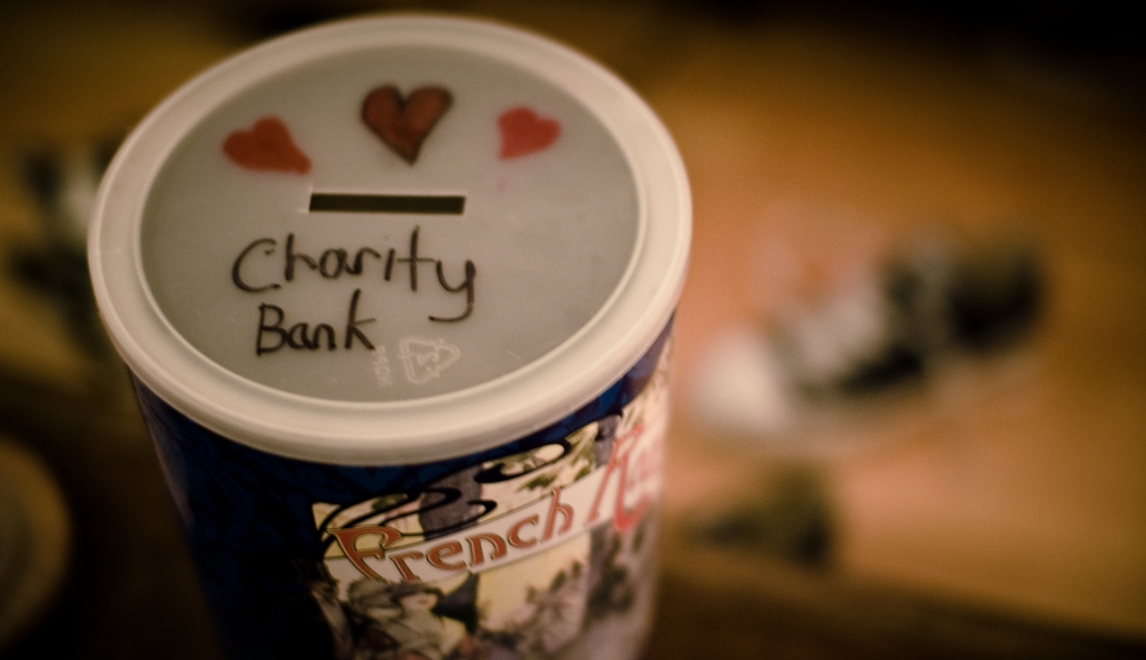My very first Lent, I thought it would be a cool idea to fast with my best friend, Greg. He loves coffee to the extent that his coffee machine means more to him than the kitchen in which it resides. He gave up coffee, so I gave up tea. It was difficult. What was more difficult was coming to terms with the broader understanding of sacrifice, and that’s something that has come with time.
According to the Bible, Jesus Christ sacrificed himself to save the world from sin. Islam tells us that the Prophet Mohammed sacrificed his material wealth and comfort to further Islamic teachings. In Hinduism, it is encouraged that worldly possessions and thoughts are discarded for the sake of spiritual enlightenment. Sacrifice is an integral part of Judaism, with the word for sacrifice – korban, meaning “drawing near†– is a way of drawing oneself closer to God.
These teachings are the basis for which most people hold their fasts and it is in the spirit of the ones who came before that they keep them.
I grew up with a very different notion of sacrifice. My parents struggled each day to make ends meet. I saw the sacrifices they made to give me and my sister the best of everything, be it education or shoes. I also saw how they sacrificed their youth, time, leisure, and even relationships for the freedom of South Africa. Late night meetings turned into violent protests, and time spent in jail under the 90 Day Act. Months of planning turned into years of struggle, and they sacrificed the best years of their lives for others.
So 40 days is quite doable.
The purpose may be different but the essence is the same. My grandfather once told me that hands offered outward in service to others are of no less value than hands put together in prayer.
Since that first Lent, I realised that sacrificing something just for the sake of it can be an insult to its intention. Giving up tea that year showed me that I could make a small sacrifice. Now, there needs to be something bigger behind each sacrifice.
One year, it was fizzy drinks. Then it was taking up projects, like completing reading lists, and later giving my time to libraries and volunteer programmes. One year, a friend and I took to boycotting Israeli and animal-tested products – something that has lasted to this day. Last year, I launched a website that gives survivors of sexual assault a platform to tell their stories anonymously.
My attempt to give up refined sugar isn’t going as well as I had hoped but I’ve been better with refusing plastic cutlery and takeaway boxes, and walking half an hour a day. It’s been just one week, and it’s been a journey.
I have walked just under 10 kilometres in total, each day driving me to be a little more active so I can have more energy to give to my family and work. I have declined takeaway packaging on three polystyrene boxes and countless forks, which is hopefully lessening my carbon footprint. If each person thought about what they can do, even in the smallest ways, to positively affect those in their sphere of influence, perhaps we can change the world.
The key is to start small. Know your limitations. Know where you can go big. Regardless of your creed, you can make a difference; giving things up or giving to others is in our hands.









